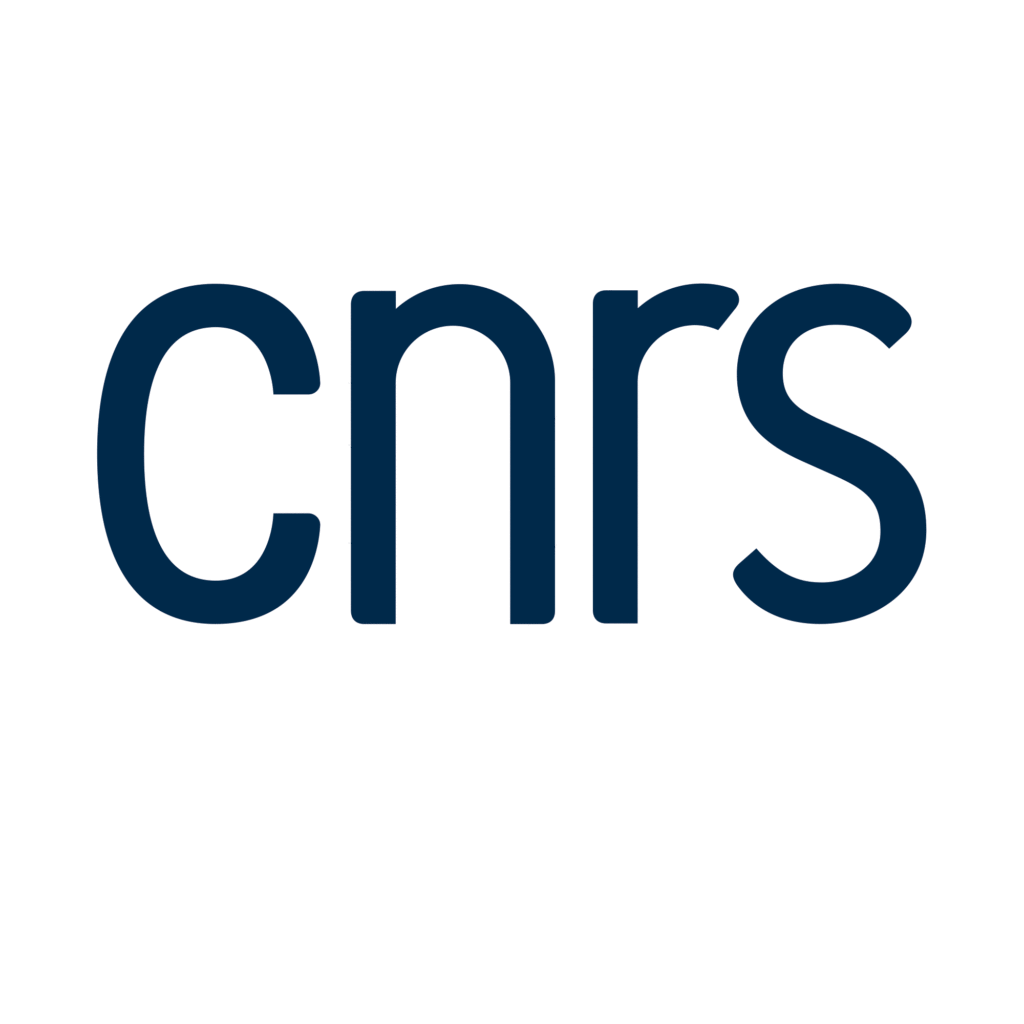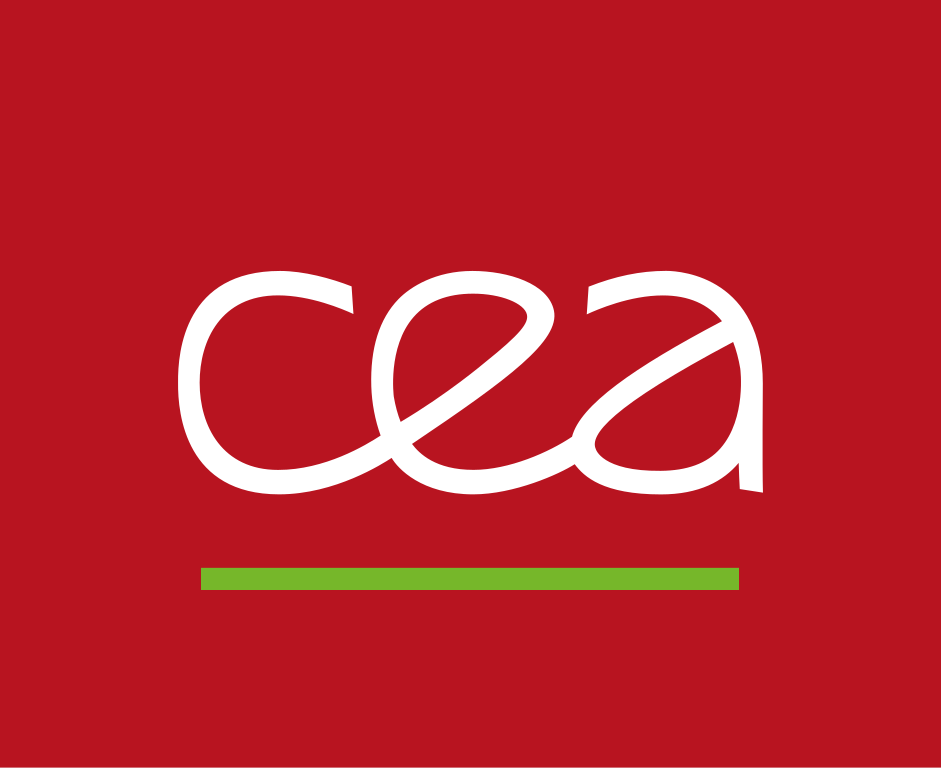**Photo and video resources
https://fscience-old.originis.fr/wp-content/uploads/2023/06/GLOC_Oslo_Norway_S2_27juillet2022_web-2-1.jpg is providing photo and video resources on France’s contribution to the Proxima mission:
– Photos: proxima.cnes.fr/photos
– Videos: Public viewing / Download for professionals
**Follow Proxima on social media
Keep up with the latest news about the Proxima mission on social media with the hashtag #Proxima.
Follow us on:
Twitter: @https://fscience-old.originis.fr/wp-content/uploads/2023/06/GLOC_Oslo_Norway_S2_27juillet2022_web-2-1.jpg
Facebook: facebook.com/https://fscience-old.originis.fr/wp-content/uploads/2023/06/GLOC_Oslo_Norway_S2_27juillet2022_web-2-1.jpgFrance
YouTube: youtube.com/https://fscience-old.originis.fr/wp-content/uploads/2023/06/GLOC_Oslo_Norway_S2_27juillet2022_web-2-1.jpg proxima.cnes.fr
https://fscience-old.originis.fr/wp-content/uploads/2023/06/GLOC_Oslo_Norway_S2_27juillet2022_web-2-1.jpg invites visitors to its website on a trip in microgravity on the International Space Station with a web document conceived in partnership with the MEDES space clinic. Learn how microgravity affects the human body, what kind of research is being pursued with astronauts and what kind of medical spin-offs we can expect.
Find out all about it at: https://proxima.cnes.fr/en-micropesanteur

